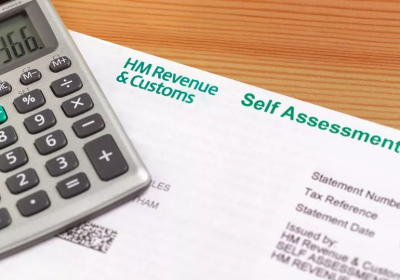If you’re earning over £50,000 (£50,270 to be exact) you should consider contributing more to your pension.
Here’s why:
You’ll pay at least 40% income tax (45% above £125,140), 2% national insurance (as an employee), and potentially 9% in student loan repayments (depending on when you started university). That means you’ll either pay an effective ‘rate of tax’ of 42% or 51% on any income within this bracket.
So if you earned £55,270, and you contributed £5,000 from your pension via a salary sacrifice scheme, you’ll have £5,000 directly invested in your pension before any tax, NI, or student loans repayments are deducted.
If your employer runs a relief at source scheme, you’ll pay £4,000, benefit from £1,000 in tax relief from HMRC added to your pension. You’ll instead have to complete a tax return to reclaim the extra tax you’ve overpaid.
In comparison, if you took the extra £5,000 as income, you could take home £2,900 or £2,450 on that part of your income, based on my figures above.
So you’ve got a choice. Pay more into your pension, let it grow over time, have greater flexibility in the future, retire earlier etc… Or, pay a significant amount of tax on this part of your income.
Of course, life is expensive and if you’ve got a family, want to pay for home renovations etc, then it’s all about balancing that up with your financial goals.
f you want to discuss any tax planning, need help with your payroll or self-assessment then please contact us here, by phone on 01293 458311



